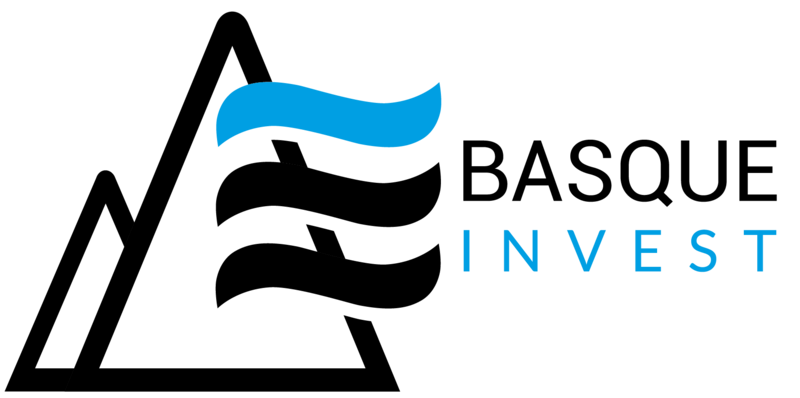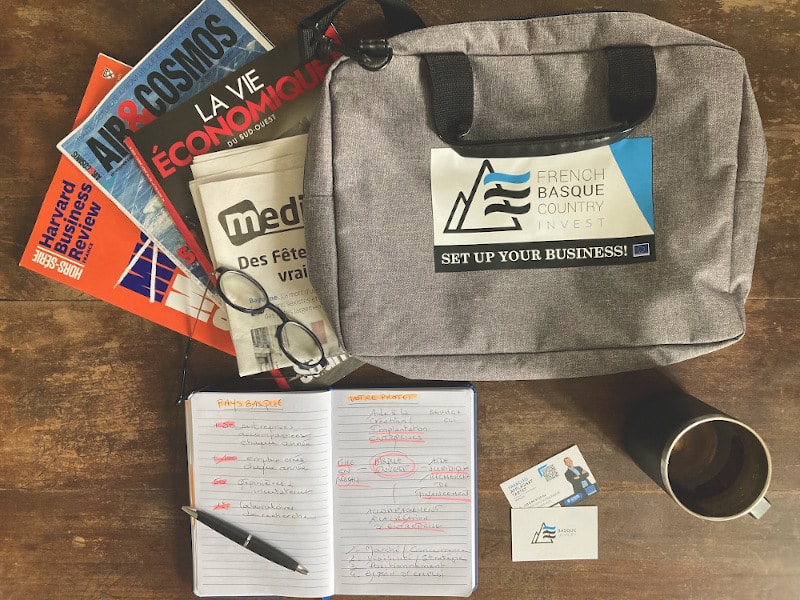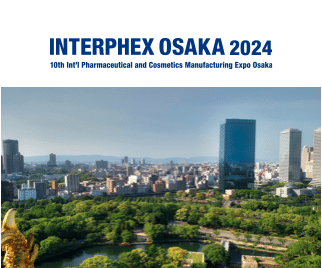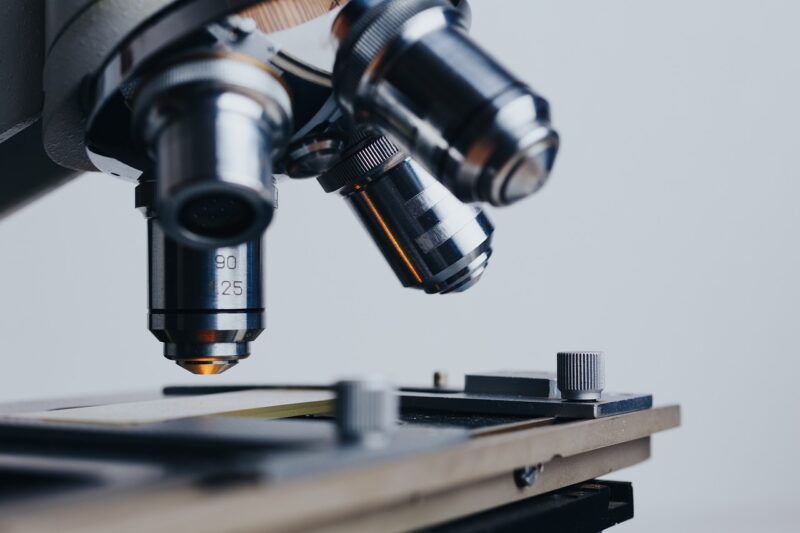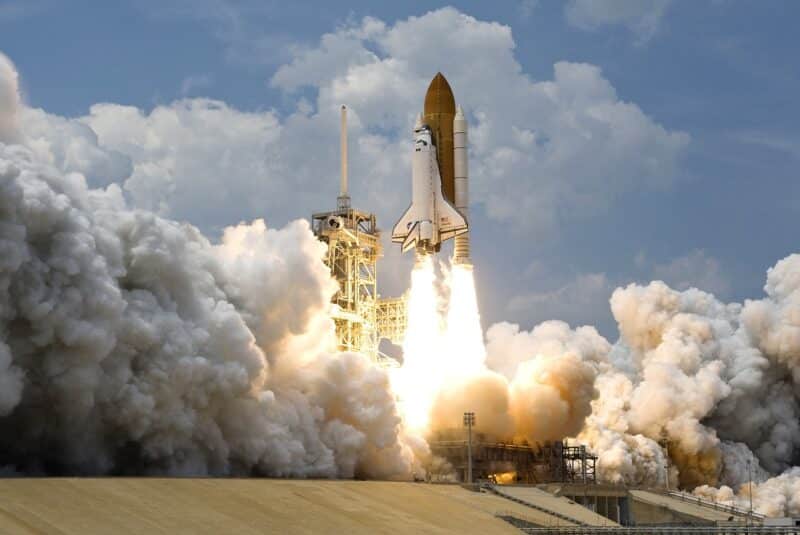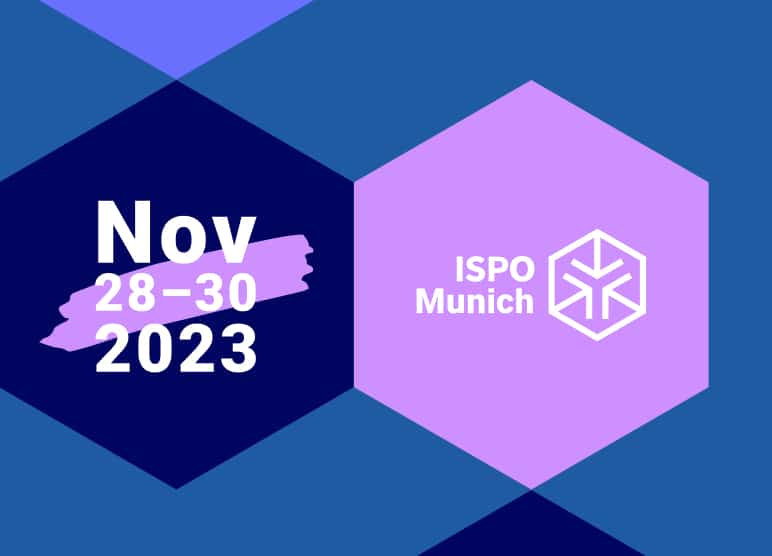What is the circular economy, and what are its challenges?
The circular economy, according to the French Ministry for Ecological Transition, aims to produce more sustainable goods and services by limiting the waste and consumption of our resources. It is a cyclical, circular operation, indicating that we need to rethink our modes of production and consumption, in order to oppose the linear economy model: produce, consume, throw away.
In a circular economy project, the aim is to design a product in a more sustainable way, so that it can be consumed more responsibly and its lifespan extended. The eco-designed product can then be repaired, reused or recycled: this then creates new resources for future product designs.

Below are the key principles of the circular economy in France:
- Extracting, purchasing and using more sustainable resources: paying attention to environmental impacts when using resources
- Eco-design of products and services and responsible consumption: design products or services by taking into account their environmental impacts, over the entire life cycle of the product or service, and be aware of these impacts when making purchases
- Industrial and territorial ecology: paying attention to the use of resources in your area
- Functional economy: focus on product use rather than possession
- Extending product life: products should be reused, repaired, sold, given away or bought second-hand
- Recycling and waste management: creating new raw materials from waste
In France, but also in the Basque Country, the circular economy is developing and becoming a very important job creation sector. These jobs are more sustainable, more local, and they address real issues for our society and our new consumption patterns. In view of the laws on the circular economy, the French government believes that 300,000 jobs could be created in this sector.
In the Basque Country, many companies are working partly or full-time on issues linked to the circular economy. In aeronautics, mechatronics, agri-food, industrial production and health, as well as in digital services companies, the circular economy is very much in evidence: Basque Invest presents the challenges faced by circular economy companies in the Basque Country.
The challenges facing companies in the Basque Country’s circular economy in the various sectors of excellence
In the aeronautical sector, a major player in the circular economy set up in the Basque Country in 2022 with the help of Basque Invest: Optima Aero. Specializing in the refurbishment and reconditioning of helicopter parts, Optima Aero has responded to a major challenge facing the aeronautical industry in France: how to reduce the sector’s impact on the environment? How can we capitalize on existing resources to develop a new, more sustainable offering? Committed to the circular economy in Canada, the company decided to set up its EMEA (Europe Middle East Africa) headquarters in the Basque Country in order to develop the European market and promote its offer to the aeronautical industry players in the Nouvelle-Aquitaine region: Safran Helicopters, Airbus, etc.
Developing the circular economy in the Basque Country also means preserving our local resources, such as our coastline and the ocean. That’s why clusters and clusters of activity have been created around this issue: how can we make innovations and tools available to companies in the Basque Country that help preserve our resources? ID Ocean, for “Sustainable Innovation for the Ocean”, is a project created by the Technopole Pays Basque with the aim of providing companies and researchers with scientific tools and innovative solutions for eco-innovation. Halfway between the blue economy and the circular economy, ID Océan also benefits from a prototyping workshop located in Saint-Jean-De-Luz, Créaluz, to work on its projects in a more concrete way.
The construction sector is also one in which the circular economy is a real challenge. Building in a more sustainable way and recycling the waste produced by the construction industry may seem difficult for the players in the sector. But new initiatives are emerging, such as Patxa’ma, a company based in the Basque Country. Patxa’ma has found a way to recycle the 800,000 tonnes of waste produced each year by the construction and public works sector in the Basque Country. After collecting waste destined to be thrown away on building sites, Patxa’ma offers it for resale at a fair price so that these materials can be given a second life.
But what can this waste be used for? To make eco-designed office accessories, for example! LookUp makes ergonomic supports and other accessories for computers and tablets from plastic waste collected locally. A fine example of the circular economy in the Basque Country! Similarly, Resak makes decorative and everyday objects from recycled plastic: stools, soap dishes, bedside lamps, etc. Plastic waste is (re)transformed into attractive, contemporary objects.
In the textile and industrial production sectors, many brands are also committed to more sustainable consumption and eco-design of their clothing and footwear. The Hopaal, Jacod and CLAE brands, all based in the Basque Country, manufacture eco-designed products from recycled materials. The BALI (Biarritz Active Lifestyle Industry) Chair created within the ESTIA (“Ecole Supérieure des Technologies Industrielles Avancées”) has enabled eco-design solutions to be developed in the Basque Country, as well as with major national fashion brands (Eram, Petit Bateau). This Chair has enabled players to think about solutions for collecting and reusing textile waste, and in particular welcomed the Patatam company, a major player in second-hand fashion in France.
In 2022, the Basque Country’s renowned ESTIA engineering school and CETI (Centre Européen des Textiles Innovants) have created CETIA, an innovative platform for recycling end-of-life textiles and leather goods (particularly footwear). Based in the Basque Country, CETIA is a major player in the circular economy, thanks to its technology for transforming textile and footwear ‘waste’ into materials ready for recycling. Major French groups such as Eram and Decathlon have already signed up with CETIA to accelerate their transformation and become a more committed, circular company.
Why set up a circular economy business in the Basque Country?
In the Basque Country, the Basque Country Agglomeration Community, the Bayonne Pays Basque Chamber of Commerce and Industry, Basque Invest and other players in the local ecosystem have been working hard for several years to promote projects and approaches based on the circular economy. As our region is close to many natural resources and also benefits from excellent human and technological resources, a real ecosystem of businesses around the circular economy is growing year on year.
Basque Invest is in contact with companies involved in the circular economy in a number of sectors, including aeronautics, well-being, eco-construction and digital technology, and is keen to continue its commitment to more sustainable consumption and the preservation of the Basque region.
